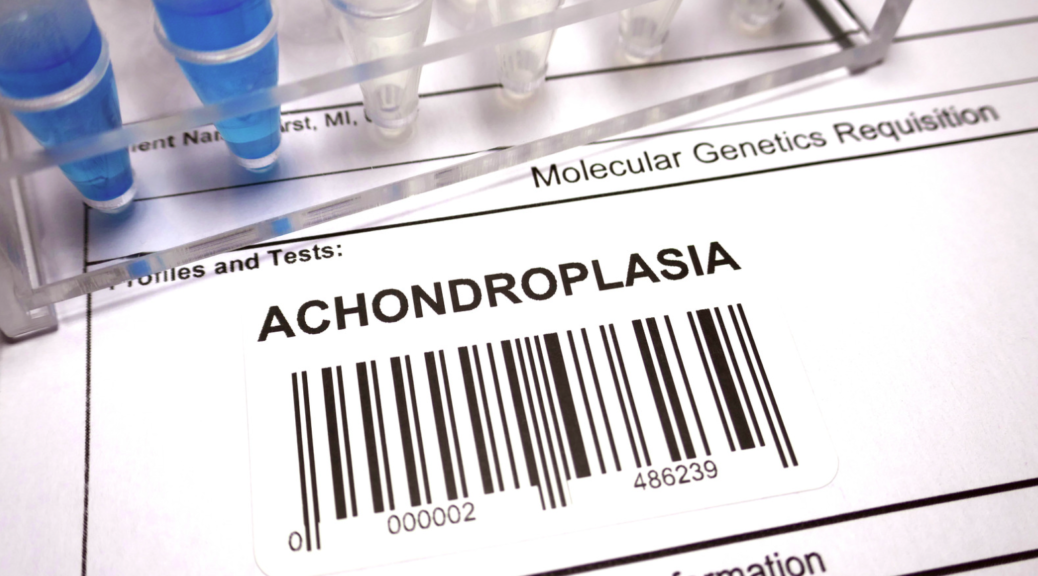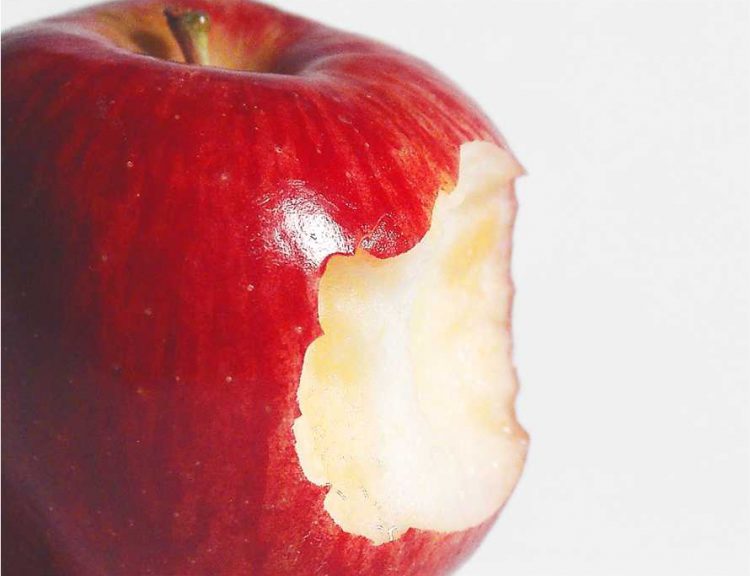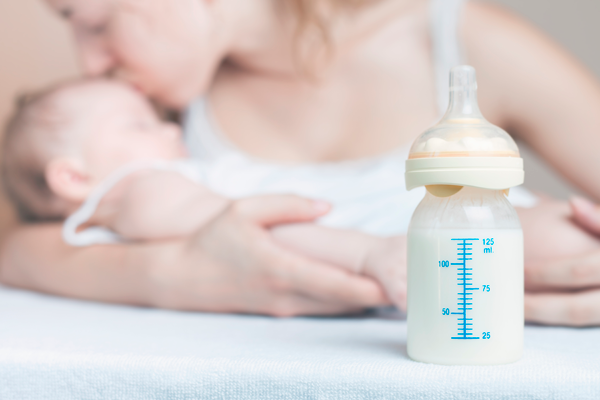I am breastfeeding, can I take medication?
Breastfeeding mothers get sick, and breastfeeding does not prevent them from becoming ill, just like the rest of the population. But you might wonder: can I take medication? There is a great fear of medication during breastfeeding because there is a belief that the drugs the mother takes go directly into her breast milk and reach the baby’s body straight away. This has two negative effects: mothers either do not take any medication they need or they stop breastfeeding, partially…









